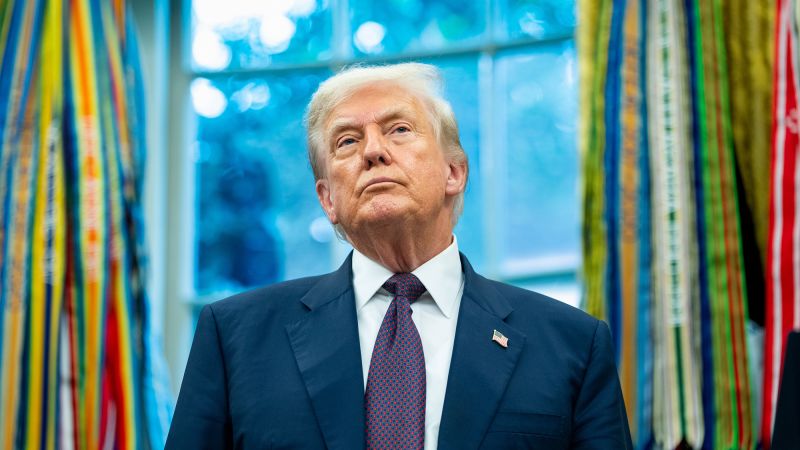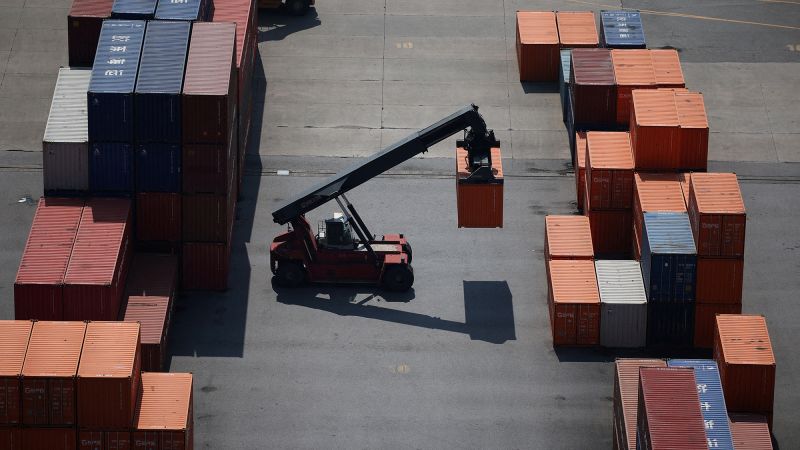
Implications of Potential Secondary Sanctions on Russian Oil Purchases
Politics | 8/6/2025
In a potential move by the Trump administration, the imposition of ‘secondary sanctions’ targeting countries purchasing Russian oil could have significant economic repercussions, not just for the intended targets but also for the United States itself. These sanctions, if implemented, would involve levying additional tariffs on the goods of nations engaged in buying oil from Moscow, as part of a strategy to curb such transactions.
The repercussions of such a measure are multi-faceted. While the primary aim may be to dissuade countries from dealing with Russia, the broader impact could result in a ripple effect on global trade dynamics. Economists warn that escalating trade tensions through secondary sanctions could trigger retaliatory actions, potentially leading to a broader trade war that could harm economies worldwide.
Unnamed economic analysts have raised concerns that these proposed secondary sanctions, though intended to pressure Russia, might inadvertently backfire on the US economy. The interconnectedness of global trade means that any disruptions in supply chains or price increases due to tariffs could have adverse effects on American businesses and consumers.
Legal experts note that the imposition of secondary sanctions represents a common tool in the realm of international diplomacy and economic coercion. However, the effectiveness and potential consequences of such measures depend on various factors, including the responses of targeted countries and the resilience of global markets to absorb shocks from trade disruptions.
While the exact details and timeline of the proposed secondary sanctions remain unclear, the prospect of their implementation has already sparked debates among policymakers and economists. As the situation evolves, the ramifications of these measures on US economic interests, trade relationships, and global stability will continue to be closely monitored by experts and stakeholders alike.


